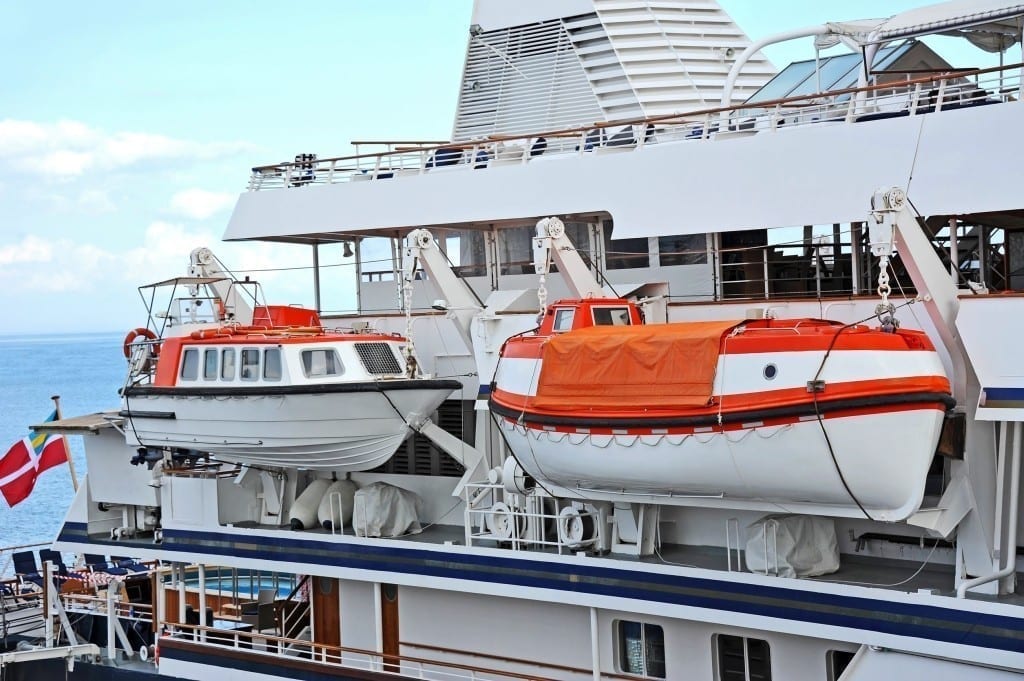If you embark and disembark on a cruise ship in Miami—or anywhere else in the United States—it makes sense that you might think that the ship is an American vessel. However, this is usually not the case.
Currently, only one major cruise ship is registered in America—NCL America’s Pride of America. All other cruise lines, including Royal Caribbean, Carnival, and Princess, are registered in foreign countries. This practice of registering ships in foreign countries is referred to as “sailing under ‘flags of convenience’” and while it may be a convenient practice for owners of the cruise lines, it can be critically dangerous for passengers.
What are Flags of Convenience?
To find out which flag your cruise ship sails under, look at the flag being flown aboard the ship. While that flag may seem like nothing more than a simple aesthetic touch, it actually represents the country in which the ship is registered and is thus critically important for you and your safety.
The nation in which the ship is registered determines more than which flag will be flown on board the vessel—it also determines which laws the ship must follow. A cruise ship that is registered in Panama will fly a Panamanian flag and (more importantly) operate under Panamanian law.
According to the Cruise Lines International Association (CLIA), 90% of cruises fly under a non-American flag. CLIA maintains that there are numerous reasons why ships would choose to sail under flags that are not their own, including taxes, reputation, and a nation’s ability to offer certain requested services if assistance is needed at any time.
Of course, it’s probably no coincidence that the countries most popular with cruise ship registrations—the Bahamas, Panama, and Bermuda, just to name a few—are also those whose laws and law enforcement policies are notoriously lax.
What Does This Mean for You?
As you can imagine, this can be extremely dangerous for cruise ship passengers of all nationalities. As an American on a cruise, you may expect your rights on board the ship to mirror those that you are entitled to in your home country. Unfortunately, this isn’t the case.
If there is an accident aboard a cruise ship, if you or a family member gets injured, or if the cruise ship malfunctions in any way, you would expect proper, prompt treatment and the assistance of your home country. But if your cruise ship is sailing under a non-American flag, the American authorities will not be legally able to come to your aid in any way. The matter will be handled by authorities in the ship’s registration country. Unfortunately, these authorities are often ill equipped to handle serious investigative cases.
Luckily, as an American citizen booking a cruise vacation through an American tour company with an American credit card, some of your basic consumer rights are still protected. But with so many different legal systems involved, the legality of certain cruise-related claims can be extremely complicated. If you have been involved with an accident aboard a cruise ship, it’s in your best interest to speak to a qualified professional as soon as possible.
If you’ve been injured on a cruise, don’t wait around for the cruise line to take care of the matter. Take action and regain control by talking to a knowledgeable maritime lawyer immediately to make sure that your rights are protected.
About the Author:
Andrew Winston is a partner at the personal injury law firm of The Law Office of Andrew Winston. He has been recognized for excellence in the representation of injured clients by admission to the Million Dollar Advocates Forum, is AV Rated by the Martindale-Hubbell Law Directory, and was recently voted by his peers as a Florida “SuperLawyer”—an honor reserved for the top 5% of lawyers in the state—and to Florida Trend’s “Legal Elite.”








